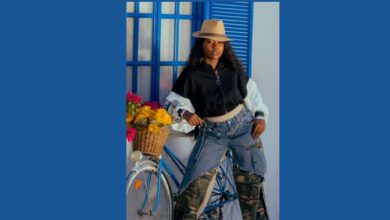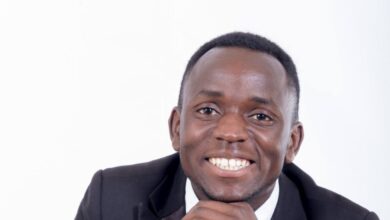PRACA and Bulawayo Arts Awards Unite for Historic 2025 Collaboration

Buhlebenkosi Nkomo
BULAWAYO, Zimbabwe — Two of Bulawayo’s leading creative platforms, the Pumula Royal Arts and Community Awards (PRACA) and the Bulawayo Arts Awards (BAAs), have officially confirmed a groundbreaking collaboration for their 2025 editions, a move that promises to strengthen unity, visibility, and growth within the city’s arts industry.
In a joint statement released yesterday , PRACA Management announced that both organizing teams had reached an agreement to synchronize and collaborate on their events, following weeks of public speculation over potential scheduling conflicts.
“We are pleased to officially announce that both organizing teams have engaged in constructive dialogue and agreed to collaborate in the true spirit of promoting unity, growth, and mutual support within the creative industry,” the statement read.
The 6th edition of PRACA will run from 18–20 December 2025, culminating in its main awards ceremony on 20 December, the same evening that the BAAs will host their own prestigious event.
According to the statement, the joint alignment “offers a unique opportunity to celebrate creativity and community excellence across platforms on one historic day for the arts sector in Bulawayo.”
As part of the collaboration, the BAAs delegation will actively participate in PRACA’s three-day programme, supporting its community and creative initiatives. PRACA also confirmed that all its winners, staff, and partners will receive complimentary tickets to attend the BAAs as part of a learning and exchange programme aimed at building capacity, exposure, and mentorship.
“Together, we believe in building bridges, not barriers, and advancing the arts as a unified front,” PRACA emphasized.
Organizers say the partnership seeks to amplify local talent, promote inclusivity, and encourage creative exchange between community-based and city-wide art movements.
“This collaboration symbolizes a maturing arts industry, one that values collaboration over competition,” said one PRACA official.
The announcement has been welcomed by artists and arts supporters alike, who see it as a milestone in creating a more cohesive and empowered creative sector in Bulawayo.
Both events are expected to attract large audiences and provide platforms for emerging and established artists to shine.





